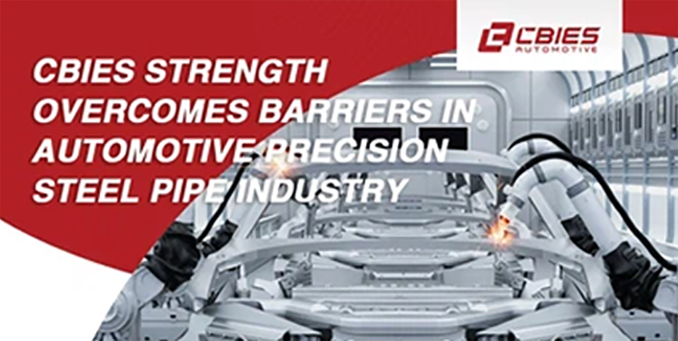
The Importance of Custom Mechanical Parts in Modern Engineering
In the rapidly evolving landscape of engineering and manufacturing, the demand for precision and customization has never been higher. Custom mechanical parts play a crucial role in various industries, from aerospace to healthcare, where standard components often fall short of meeting specific requirements. This article explores the significance of custom mechanical parts, the processes involved in their creation, and the benefits they offer to businesses and engineers alike.
Understanding Custom Mechanical Parts
Custom mechanical parts are tailored components designed to meet the unique specifications of a particular application or machinery. Unlike off-the-shelf products, these parts are engineered to fit specific dimensions, materials, and functional requirements. This bespoke approach allows for enhanced performance, durability, and efficiency, making them indispensable in high-stakes environments.
Whether it’s a specialized gear in a high-performance engine or a unique bracket for a medical device, custom parts are designed to optimize functionality and improve overall system performance. The process typically involves collaboration between engineers and manufacturers, ensuring that the final product aligns perfectly with the project's needs.
The Design and Manufacturing Process
The creation of custom mechanical parts begins with a detailed design phase. Engineers use computer-aided design (CAD) software to create intricate, precise models that reflect the required specifications. This design process involves several considerations, such as material selection, functionality, and compatibility with existing systems.
Once the design is finalized, the manufacturing phase commences. There are various production methods available, including CNC machining, injection molding, and additive manufacturing (3D printing). Each method has its advantages, and the choice often depends on the material properties required, the complexity of the part, and the volume of production needed. For example, CNC machining is favored for its precision and repeatability, while 3D printing allows for rapid prototyping and complex geometries.

Benefits of Custom Mechanical Parts
1. Enhanced Performance Custom parts are designed specifically for their intended uses, leading to improved performance compared to standard components. This optimization can result in increased efficiency and reduced wear and tear on machinery.
2. Cost-Effectiveness While the initial costs of designing and manufacturing custom parts might be higher, they can lead to significant savings in the long run. Improved efficiency often translates into reduced operational costs, and the longevity of bespoke parts can minimize the need for frequent replacements.
3. Innovation and Flexibility Customization encourages innovation, as engineers can experiment with unique designs and materials. This flexibility is particularly advantageous in industries where technology is constantly evolving and adapting to new demands.
4. Better Fit and Integration Off-the-shelf parts may not seamlessly integrate with existing systems. Custom mechanical parts ensure that components fit perfectly within the design, reducing the risk of complications and malfunctions down the line.
5. Meeting Regulatory Standards Certain industries, such as aerospace and healthcare, are subject to stringent regulatory requirements. Custom parts can be engineered to meet these specifications, ensuring compliance and safety.
Conclusion
As industries continue to evolve, the importance of custom mechanical parts will only grow. These components not only enhance the performance and efficiency of machines but also foster innovation by allowing for tailored solutions that meet specific challenges. With advancements in manufacturing technologies and design tools, the ability to produce custom mechanical parts has become more accessible than ever, enabling businesses to stay competitive in an increasingly demanding market. Embracing this customization can lead to improved operational outcomes and a position at the forefront of technological advancement. In a world where precision and performance are paramount, custom mechanical parts are not just an option; they are a necessity.